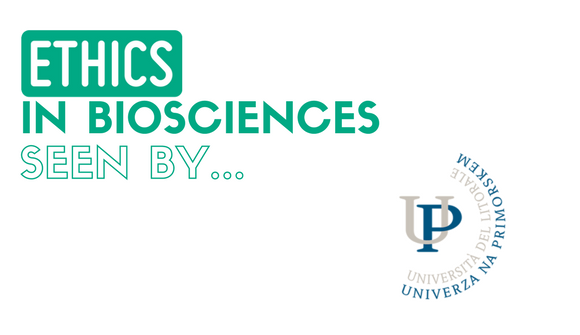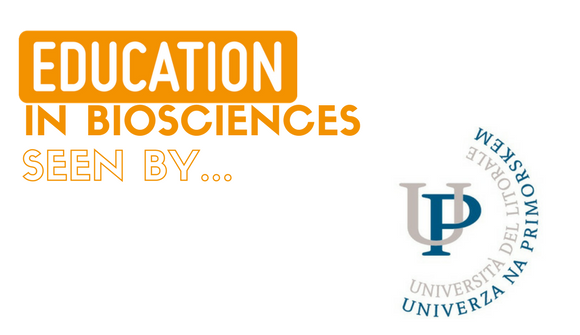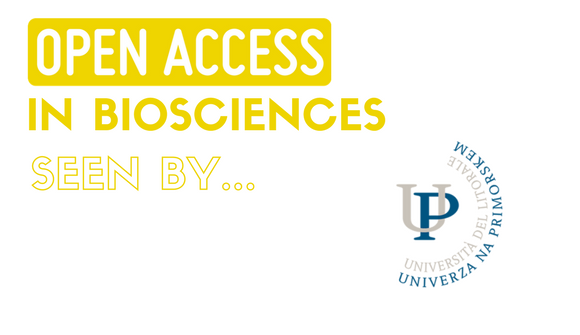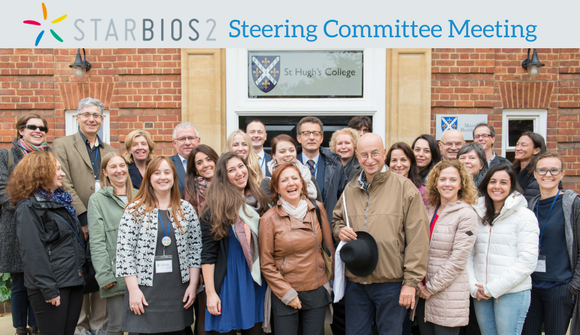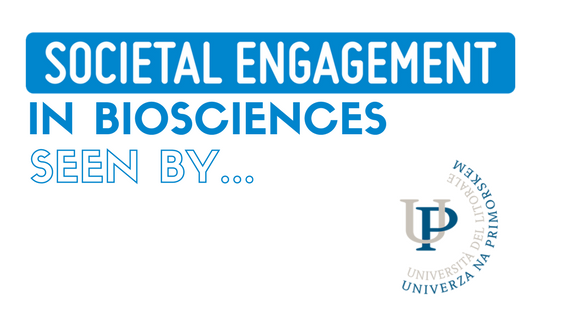How do you understand Ethics in biosciences research? Working at the Department of Biodiversity, I am aware about differences in opinions regarding the human relationship toward the rest of the natural world. Conservation biologists agree that biodiversity is valuable and that the extinction of species, caused by human activities, should be decreased and avoided. However, justifications for these principles vary, ranging from arguments that emphasize the instrumental value of other species for humans to ethical theories that assert that wild life has intrinsic value. The debate on environmental ethics is focused on developing universal theories why humans should protect their natural environment. What we are facing in our research and working with students is the challenge to find a solid rational justification for why nature should be protected. What are the current standards and actions to achieve better Ethics in your University and in your country? In the case of animal and human subjects’ research, all research conducted on Faculty of Mathematics, Natural Sciences and Information Technologies must be approved by National Medical Ethics Committee or by National Ethics commission for animal experiments. All field work with animal has to be approved by Ministry of the Environment and Spatial Planning. What are you aiming for with the implementation of the STARBIOS2 actions towards better Ethics standards for your institute? In relation to Ethics, our strategy is to raise awareness and evaluate the procedures for planning and including research ethical issues in researchers’ work via developing Code of conduct for conservation biology …
Education and RRI: experience of the University of Primorska, Slovenia
How do you understand Education in biosciences research? Education is, to our opinion, main link between biosciences research and transfer of obtained knowledge to next generation of scientists. This process is deep-rooted but not necessarily made explicit and it should be exploited much more effectively for the benefit of all involved stakeholders. The best way of enhancing the motivation of both academics and students is linking research and teaching and furthermore transferring this knowledge not only to students but also to broader public. What are the current standards and actions to achieve better Education in your University and in your country? Studies at the University of Primorska are based on modern teaching methods and are carried out in various forms, such as lectures, seminars, exercises (field work, laboratories), tutorials and independent study. Teaching and learning processes are based on proactive methods that encourage students to critically evaluate their acquired knowledge and skills and are focused on the integration of education and research. International cooperation and mobility of academics and researchers is one of the basic policies of our University. We also promote mobility within existing schemes (Erasmus+, CEEPUS) and within bilateral agreements on different levels (national, university and faculty). What are you aiming for with the implementation of the STARBIOS2 actions towards better Education standards for your institute? At the University of Primorska, we are implementing key actions of the ‘Science with and for Society’ by connecting together researchers, citizens, policy makers, business and third sector organizations. We believe that all societal actors working together could …
Open Access in Biosciences at the University of Primorska
How do you understand Open Access in biosciences research? The open access publications enable the new forms of scientific communication, networking and transfer of knowledge. In the so-called “Open Science” movement, teachers and researchers share their research results and information in real time with each other and with the public. With open access, this information can also be used by those persons and institutions that have not previously access to research results and could not finance such access. Scientists and academics are not the only groups that can benefit from open access publications. The demand from the business sector and individual citizens for access to research results in the form of data in publications is also important. What are the current standards and actions to achieve better Open Access in your University and in your country? The departments of biosciences (Biodiversity, Biopsychology and Applied sciences), at the University of Primorska, aim to raise awareness for accessing and sharing research results and publications. Introduction of Open Access policy is relatively new for our University and also to the other research institutions in Slovenia. A brief overview of Open Access situation is presented on the Open Science website. The Government of the Republic of Slovenia adopted the National Strategy of Open Access to Scientific Publications and Research Data in Slovenia 2015-2020 in September 2015 (ROARMAP record) and the action plan in May 2017. What are you aiming for with the implementation of the STARBIOS2 actions towards better Open Access standards for your …
Steering Committee Meeting of STARBIOS2 partners in Oxford
On the 4th – 5th of October 2017, all the partners of the STARBIOS2 project came together for the Steering Committee Meeting at St Hugh’s College of the University of Oxford. Each of the partners presented their updates on the project and plans for the future on implementing 5 key issues of RRI (ethics, education, open access, societal engagement, gender) at their institutions. There are 12 partners involved in the STARBIOS2 project, including 6 Universities, implementing Action Plans, 3 support teams and 3 international partners. The coordinator of the STARBIOS2 project is Prof. Vittorio Colizzi from the University of Rome – Tor Vergata (UNITOV). Work Packages Each of the partners are responsible for different Work Packages within the project: WP Number WP Title Lead beneficiary Country WP1 Ethics Requirement UNITOV Italy WP2 Action Plan for RRI of the University of Tor Vergata UNITOV Itay WP3 Action Plan for RRI of the University of Oxford UOXF UK WP4 Action Plan for RRI of Primorska University UP Slovenia WP5 Action Plan for RRI of the University of Bremen and related road map Uni-HB Germany WP6 Action Plan for RRI of Agrobioinstitute Sofia ABI Bulgaria WP7 Action Plan for RRI of the Intercollegiate Faculty of Biotechnology UG & MUG, UG UG Poland WP8 Technical Assistance LSC Italy WP9 Learning Process on RRI implementation in biosciences and set-up of a RRI model UNITOV Italy WP10 Monitoring and Assessment AU Denmark WP11 Communication and Dissemination SPARKS & CO France WP12 Project Management UNITOV Italy Formal …
Societal Engagement in Biosciences, seen by the University of Primorska, Slovenia
University of Primorska, Department of Biodiversity Sandra Hasić – research assistant at the Department of Biodiversity of the University of Primorska. How do you understand Societal Engagement in biosciences research? Societal engagement for us is not just the involvement of the department’s work in the local environment, but it is one of the most important factors for the long-term influence of our research. Nature conservation can be successful only in collaboration with different stakeholders involved in the processes, such as the local population, representatives of the authorities, NGOs, national institutions, the economy, and policy makers. Therefore, raising awareness regarding biosciences research is an important part of the process. Only with the transfer of knowledge and technologies, as a structural change in field of nature conservation, goal can be achieved. What are the current standards and actions to achieve better Societal Engagement in your University and in your country? University of Primorska is a very young University and we are still establishing our position at the local environment, and public engagement is one of the crucial points of gaining recognition in the area. The societal engagement should be focused on future collaborations with different stakeholders in the region and on promotion and integration of biosciences departments. At the national level, we can achieve progress in societal engagement with the establishment of specially designed project scheme for funding the collaborative projects between the University and local stakeholders, the economy and NGOs. Our faculty is very successful in applying for grants in schemes. …




